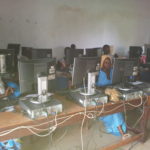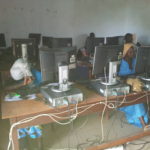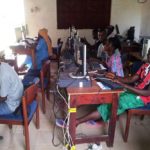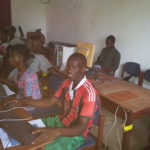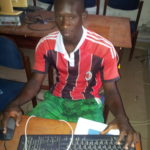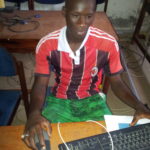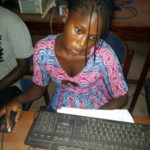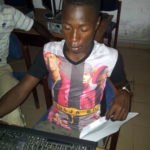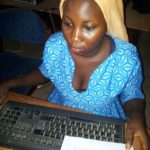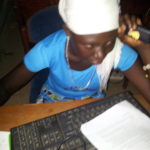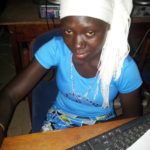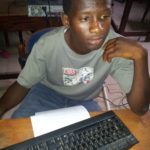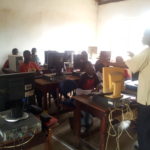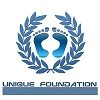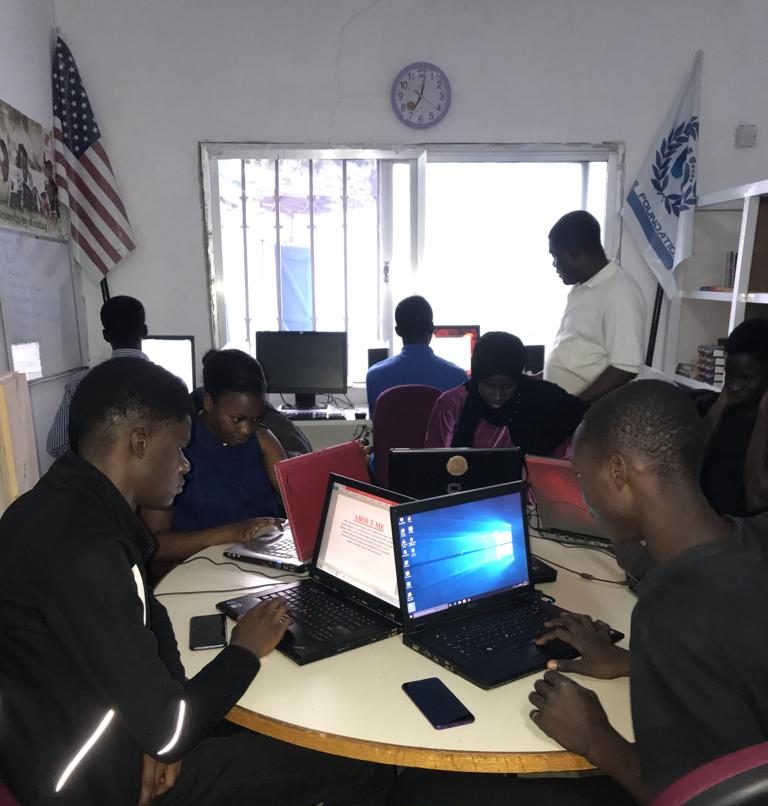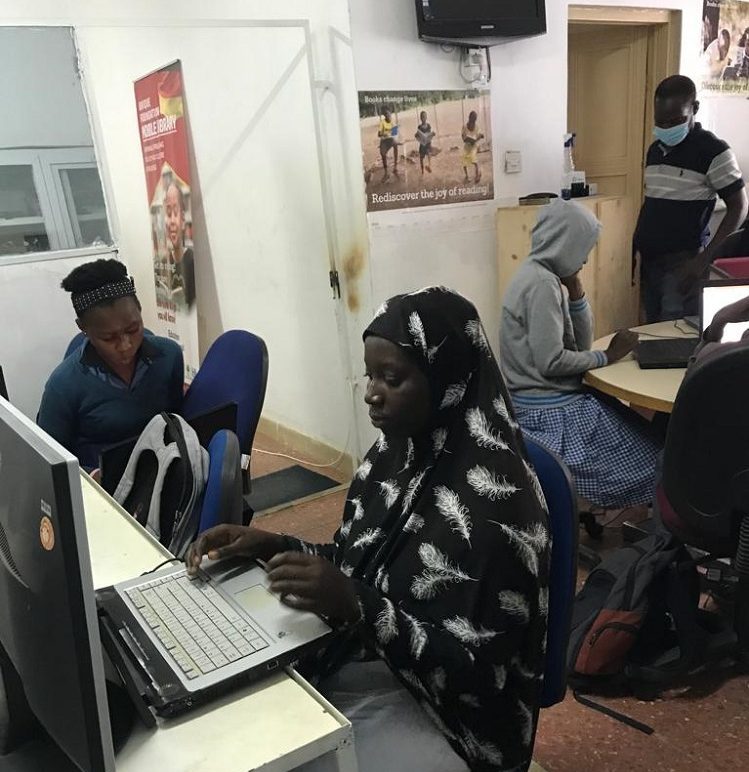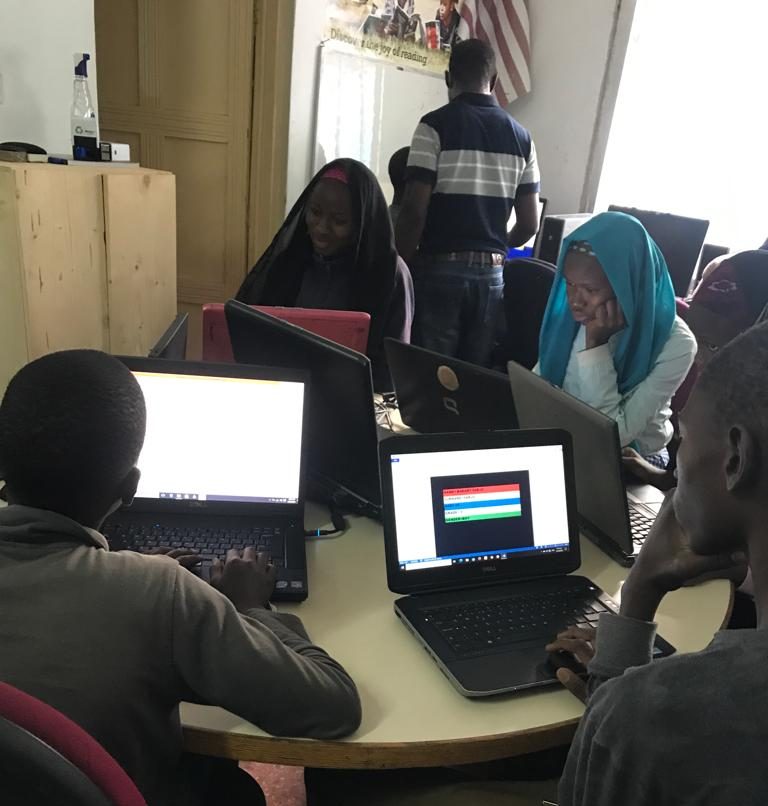Income Generating Skills and Job Training For Young People
Digital Literacy
Digital Literacy




All Teens and Kids Coding
Weekend Computer Coding and Programming at the Learning and Resource Center designed to teach children and young people technical skills that will enable them to succeed, skills such as computer coding which will enable them to communicate across countries and cultures, become innovator who will provide solutions to solve many problems in our society.
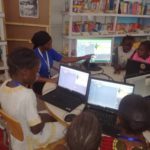
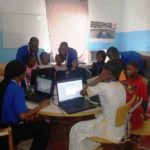
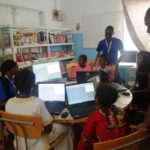
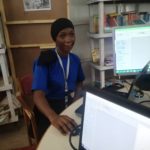
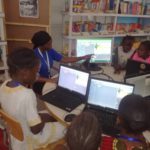
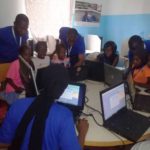
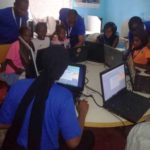
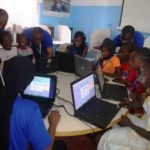
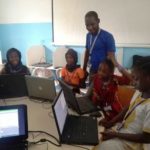
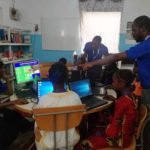
Income Generating Skills and Job Training For Young People
This project is designed for all kinds of people especially the (uneducated, underemployed and unemployed, men and women, youth and adults) in all settings, particularly (rural and semi-urban). However, preferences are given to the rural people living below or at the poverty line who constitute a great majority of unemployed people.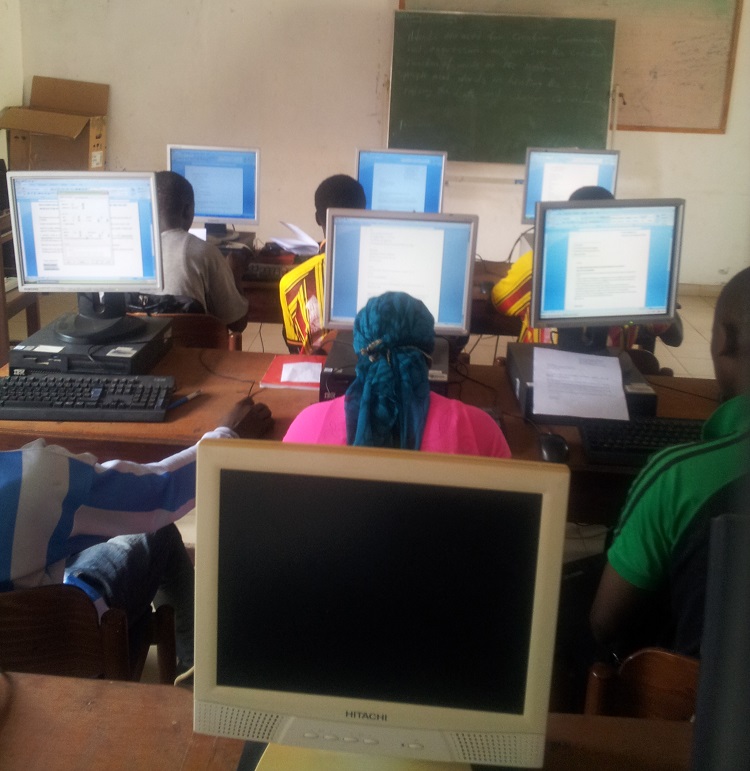
The unemployed persons aged 15-64 years in relations to their sex, age group, and LGA. 234,725 unemployed persons aged 15-64 years (35.2%). Out of this, 104,933 are males and 129,792 are females. Across all age groups, more females are unemployed than males. Furthermore, 71,805 unemployed persons reside in the urban areas and 162,920 in the rural areas. Across all age groups there are more unemployed persons living in the rural areas compared to the urban areas. At LGA level, the result shows that Basse, Brikama and Kerewan have the highest number of unemployed persons across all the age groups.
(GLFS 2018) Analytical Report | Youth Employment
There is huge skill gender gap in Africa especially in ICT sector. The 2018 UNESCO report highlights the fact that women in science, technology, engineering and mathematics (collectively known as STEM) constitute only 30% in Sub-Saharan Africa and just 28% in the sector across the globe.
